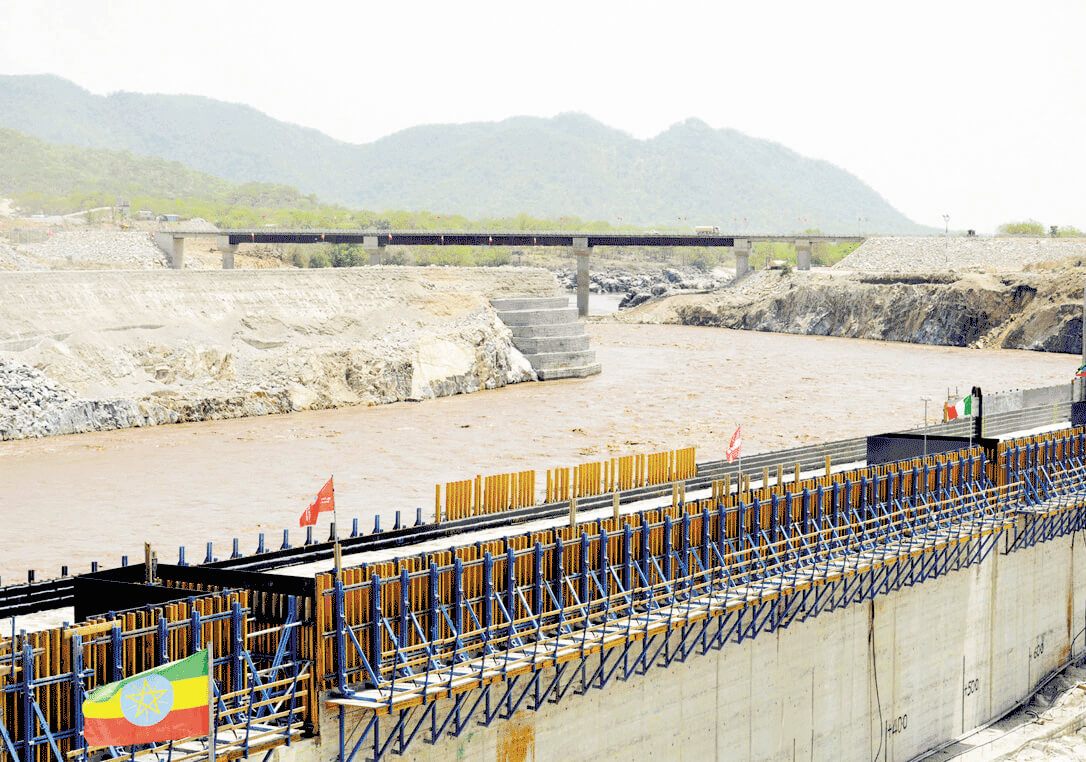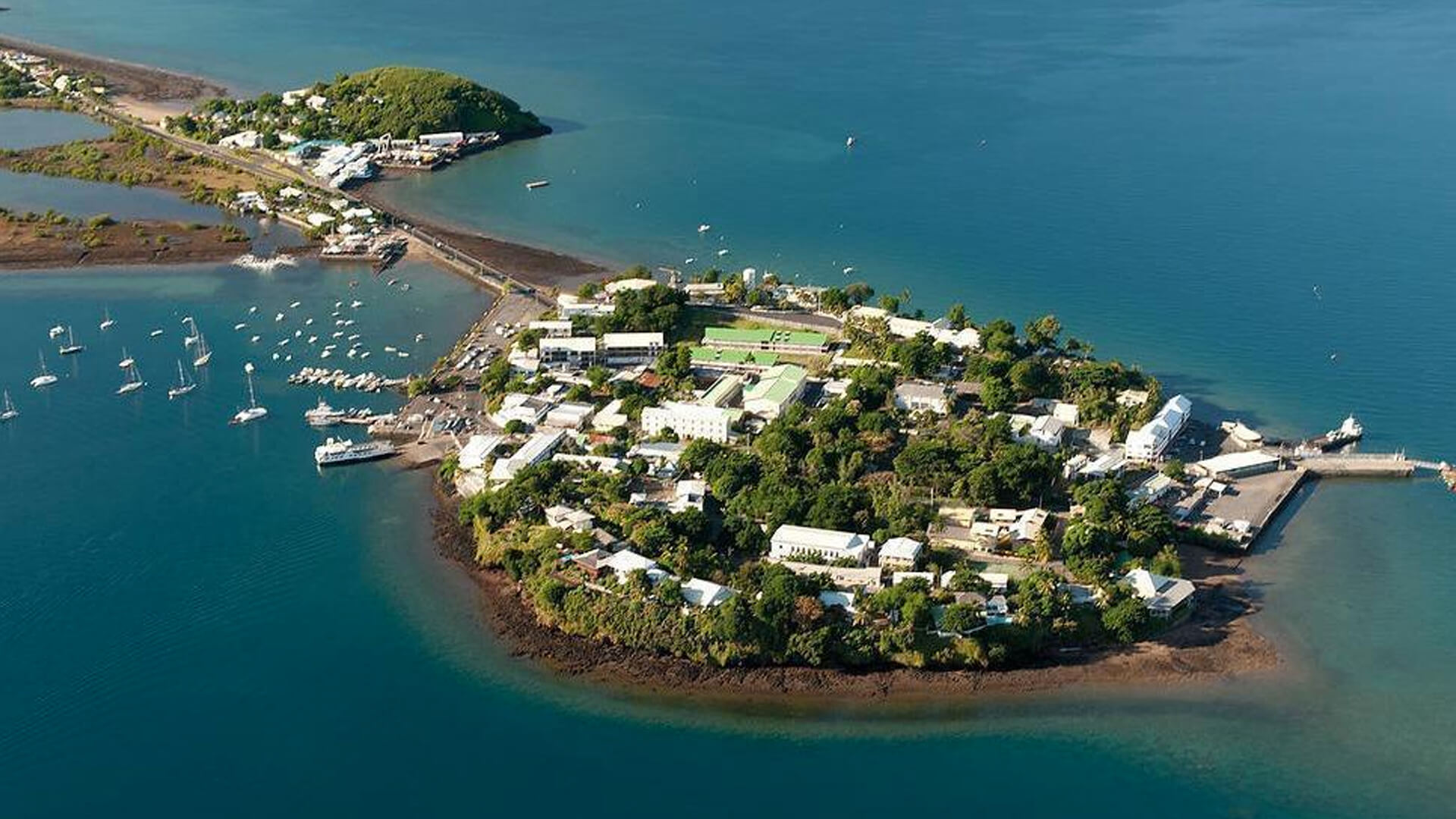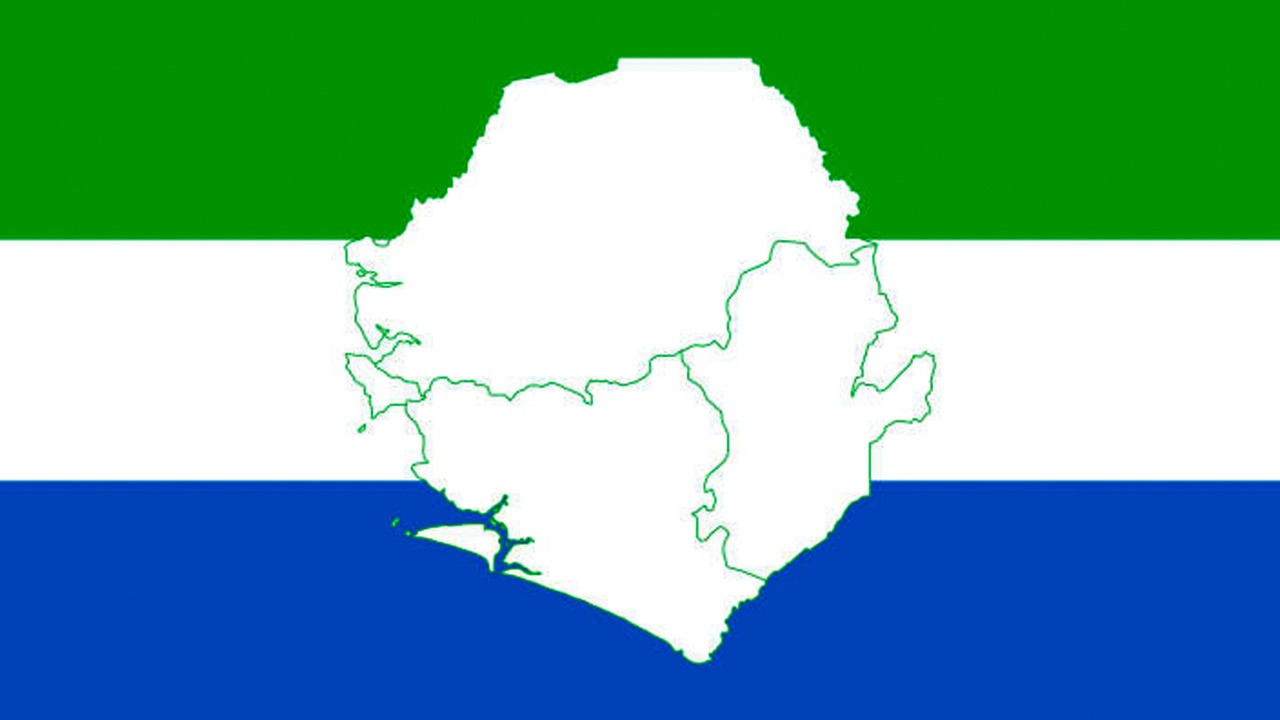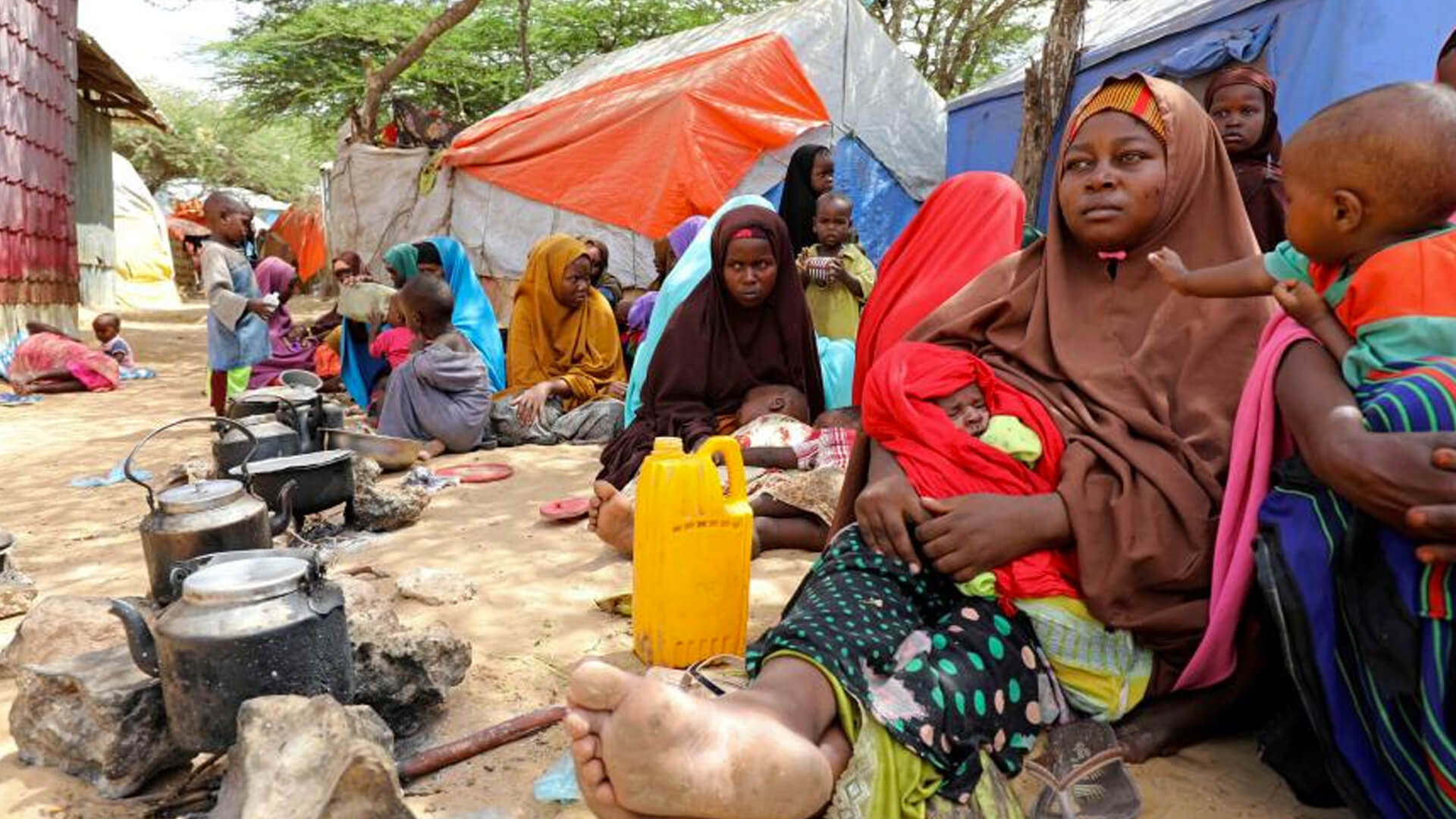The Ethiopian Renaissance Dam, What if the Gulf States Opted for Neutrality?
The Head of Culture Division at the African Union Commission, Mrs. Angeline Martins, once said to me that the Arabian Gulf people rarely visit us and they always view us as inferior, contrary to what we held. So, what is the reason? She said. I said to her: “Madam, the African image in the Gulf is generally negative, and I stand with you today to change all that, but was shocked by the amount of resentment some of your people have towards everything that is Gulf and this is what hurts me.
The peoples of the African continent collectively realize that the link between the North African countries and sub-Saharan Africa is so poor and based on the two parties’ interests rather than on a true emotional principle such as the one linking sub-Saharan countries to each other. For example, the relationship between the peoples of Côte d’Ivoire and Mali is incomparable to that linking the peoples of North Africa with these very two peoples. When the North Africa countries have a conflict of interest with any foreign country, they resort to sub-Saharan Africa for support, either via the latter’s membership in the African Union or voting in the Security Council, a matter realized by sub-Saharan Africa, from Eritrea to Senegal. This also explains the popular African support and solidarity with the Ethiopian Renaissance Dam issue recently. Moreover, some African elites today have gone further and considered supporting the Ethiopian development project (the Renaissance Dam) a support for African nationalism.
After the Ethiopian Foreign Minister, Gedu Andargachew announced at a recent press conference the start date of the initial filling of the Renaissance Dam reservoir, international news agencies reported a presidential meeting with the commanders of the Egyptian armed forces, which some interpreted by considering the military option. Though, I think the Egyptian-Ethiopian dispute will not reach the stage of military confrontation, and those meetings with army commanders are just part of the psychological war the two sides are using against each other. The international powers would not allow Egypt and Ethiopia to engage in armed confrontation because that would thwart their vision of “The New Horn of African”, which they prophesied since 1991. It is likely that the international powers will guide the Renaissance Dam issue to the point they desire. Also, it is certain that wise people in Addis Ababa and Cairo will find a compromise that will maintain the rights and spare them clashes.
But what if the Gulf States remained neutral as to the Renaissance Dam issue?
The First Scenario: Reconciliation with some of the leaders affiliated with the Muslim Brotherhood.
Cairo is aware that the Muslim Brotherhood is the main concern for the Gulf political leadership. Thus, Cairo would either release some of the still imprisoned Muslim Brotherhood cadres and allow them some of the freedom they enjoyed during the era of President Mubarak. Cairo’s other option would be the gradual activation of some Islamic groups sleeper cells in the Arabian Gulf.
The Second Scenario: Rapprochement with Iran
Cairo might stand neutral concerning an international resolution condemning pro-Iranian militias such as Hezbollah and the Houthi group, or it might be reserved about a decision that might be in favor of the Arab Coalition in Yemen.
The Third Scenario: A peace agreement sponsored by the United States
Washington may push the Gulf States to persuade (in terms of investment and financially) Ethiopia, Egypt, and Sudan to sign a peace agreement that had been planned in Washington and to be announced in a Gulf capital, just like the last Ethiopian-Eritrean reconciliation about which a US diplomat said: “It is we who decide how, when and where that reconciliation will take place.”
Recommendations
• The Gulf States must endeavor, within their available resources, to converge views between Ethiopia and Egypt regarding the Renaissance Dam issue, in order to maintain the growing Gulf interests in Addis Ababa and Cairo.
• Working to better know the African nationalism in sub-Saharan Africa, which the young African generation that plays a significant role in shaping African public opinion aspires for. In addition to planning a strategy of rapprochement in line with the Gulf interests, without prejudice to that nationalism.
• Working to immediately resolve the Gulf Crisis, as the political reality in Africa in general indicates that the Gulf interests are better strengthened when functioning as a bloc rather than individually, not to mention the enhancement of Gulf political experience in Africa, something that the Gulf political thinking still lacks.
• Work to sign a tripartite peace agreement between Ethiopia, Sudan and Egypt that guarantees Ethiopia’s right to the development it aspires to through the Renaissance Dam project without compromising the right of Egypt and Sudan to the water.
The Gulf States realize that their recent stance in the Arab League regarding the Ethiopian Renaissance Dam issue which supported Cairo is of no importance, for they are the best to realize the inefficiency of the Arab League, because it is known beforehand that it is the international powers who will decide this issue.
The question here is: In case the Gulf leadership opted for neutrality concerning the Renaissance Dam, will Washington guarantee no harm to their political legitimacy? And would such a guarantee be conditional, such as the doubling of military deals? This will prove that such guarantee will be temporary and dependent on funds the Gulf States will provide, so to speak.
Dr. Amina Alarimi, 3 june 2020
UAE researcher in African affairs



